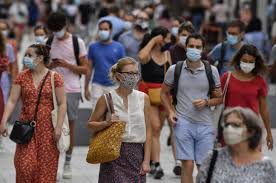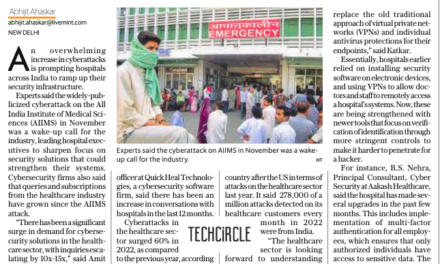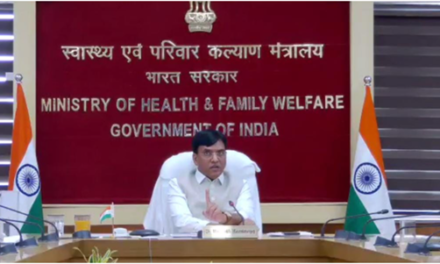The rate of infections caused by human metapneumovirus (HMPV), a flu-like virus, is currently declining in northern China, according to a health official’s statement on Sunday. This comes amidst growing international concern over the potential for a global outbreak of the virus.
HMPV, which belongs to the same family as respiratory syncytial virus (RSV), typically causes cold-like symptoms such as fever, cough, and nasal congestion. While these symptoms often resolve on their own, HMPV can lead to more severe lower respiratory infections in vulnerable groups, such as children, the elderly, and those with weakened immune systems.
Wang Liping, a researcher at the Chinese Center for Disease Control and Prevention (CDC), clarified during a press briefing that HMPV is not a new virus. It has been known to humans for decades and was first detected in the Netherlands in 2001. The recent increase in reported cases is attributed to improved detection methods, she explained.
Wang noted that although the rate of positive cases fluctuates, the number of infections in northern provinces, particularly among children under 14, has started to decline. This update comes after concerns surfaced due to images circulating on social media showing hospitals in northern China overwhelmed by patients, all wearing masks. However, the World Health Organization (WHO) has not reported any unusual outbreaks of HMPV, either in China or elsewhere.
Experts have emphasized that HMPV is distinct from COVID-19 in that it has been circulating for years, and many individuals have some immunity to the virus. Most children are infected by the age of 5, and immunity is built up over time, making the virus less concerning for large-scale outbreaks.
Further reassuring the public, Wang stated that the current rise in respiratory diseases in China is due to known pathogens, with no new infectious diseases emerging. Deputy Director of the Department of Medical Emergency Response, Gao Xinqiang, also pointed out that while patient numbers in fever clinics and emergency departments have increased, they remain lower than those recorded during the same period last year. There is no indication of a shortage of medical resources, he added.
Flu infections, which are also contributing to the rise in respiratory diseases, are expected to decline by mid-to-late January, according to a statement from commission spokesperson Hu Qiangqiang.
While there are currently no vaccines or specific treatments available for HMPV, health experts recommend basic preventive measures to avoid the virus and other respiratory illnesses. These include washing hands regularly, avoiding crowded places, and wearing masks in high-traffic areas.












